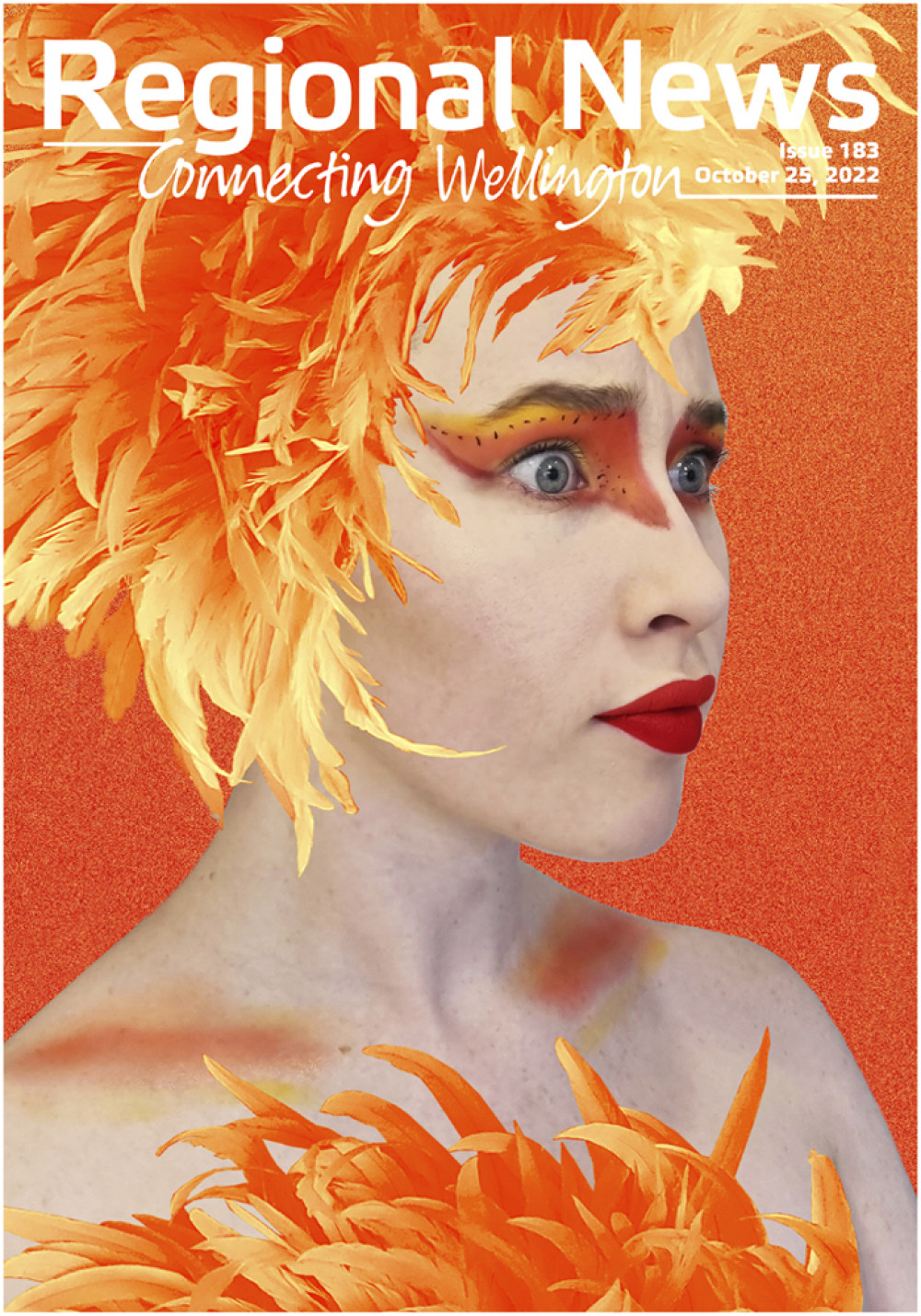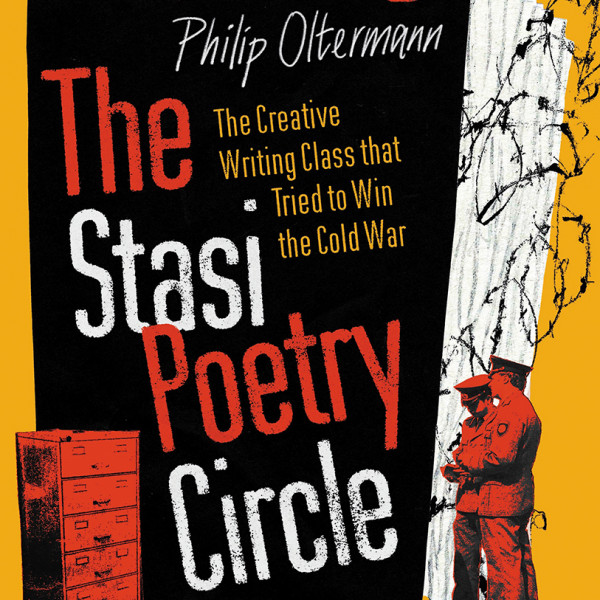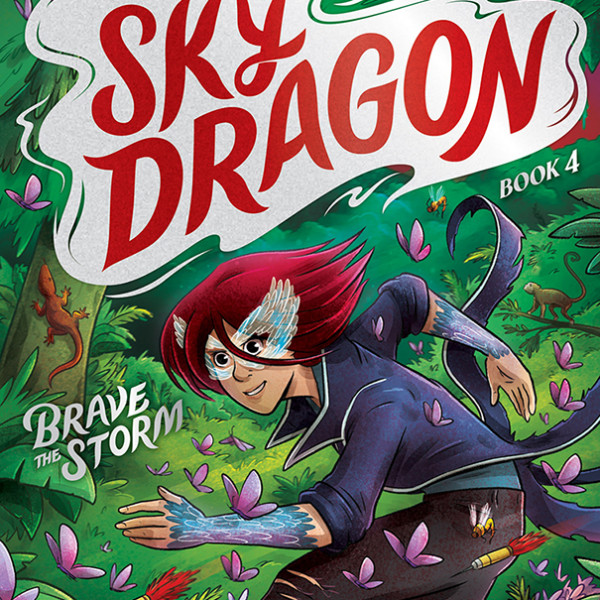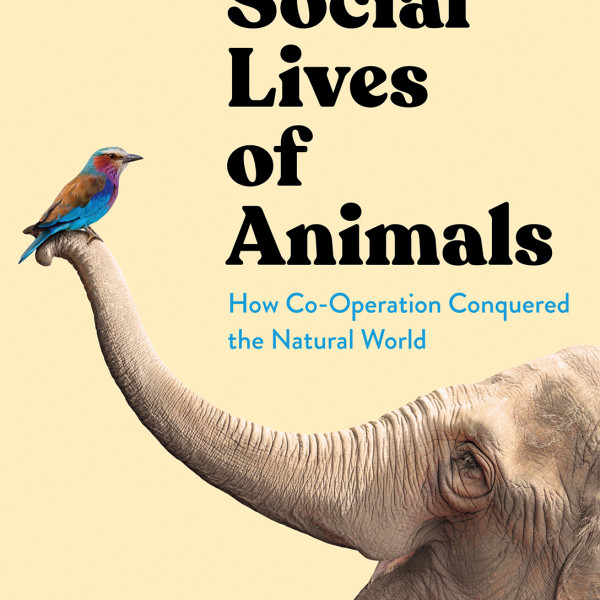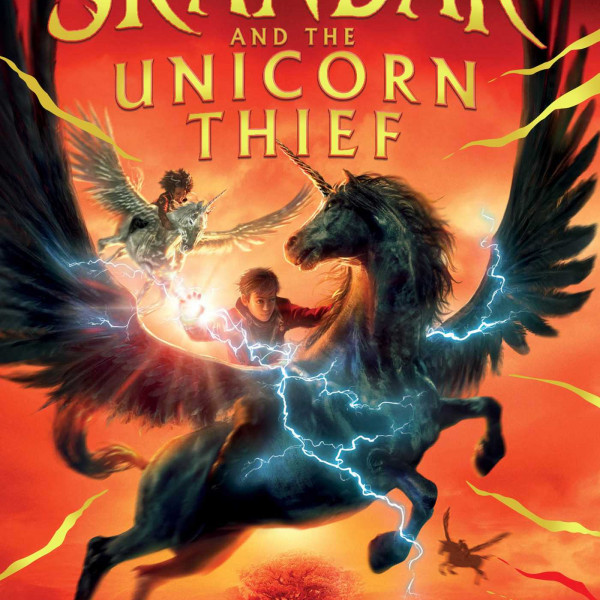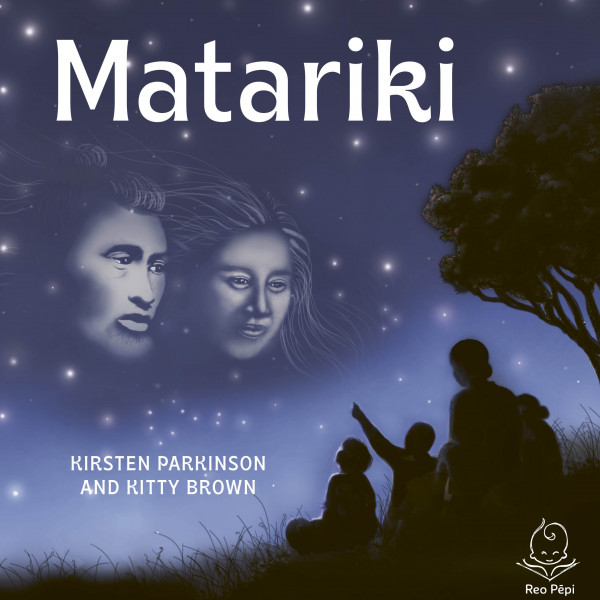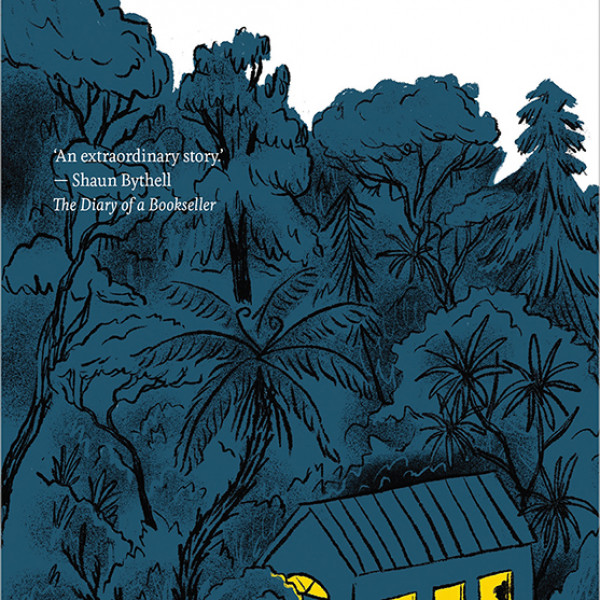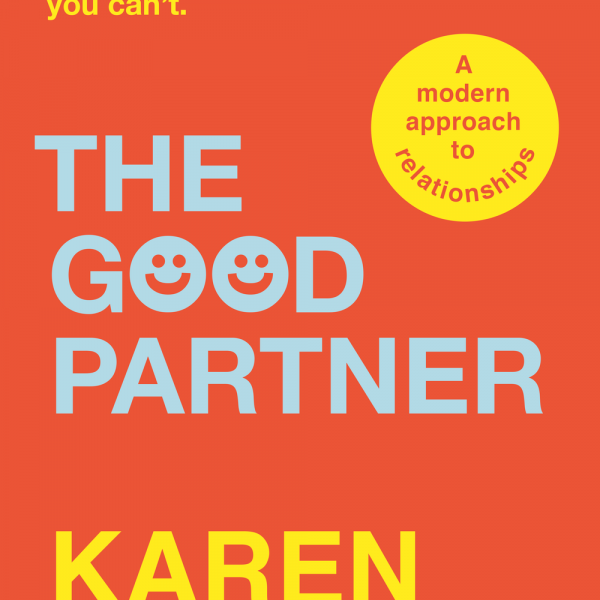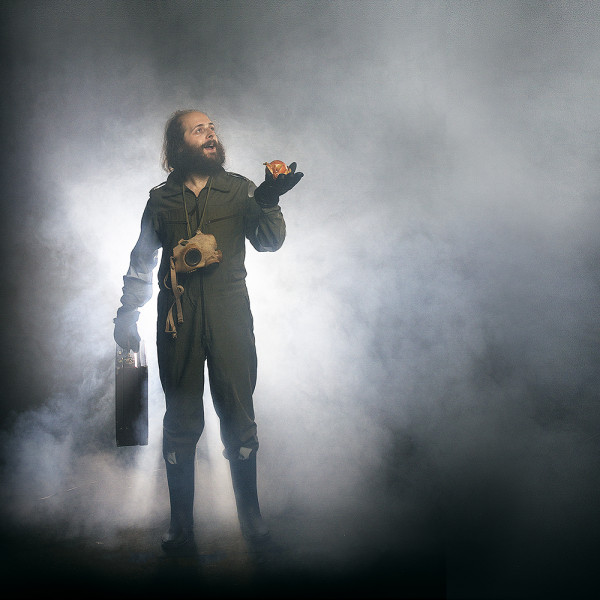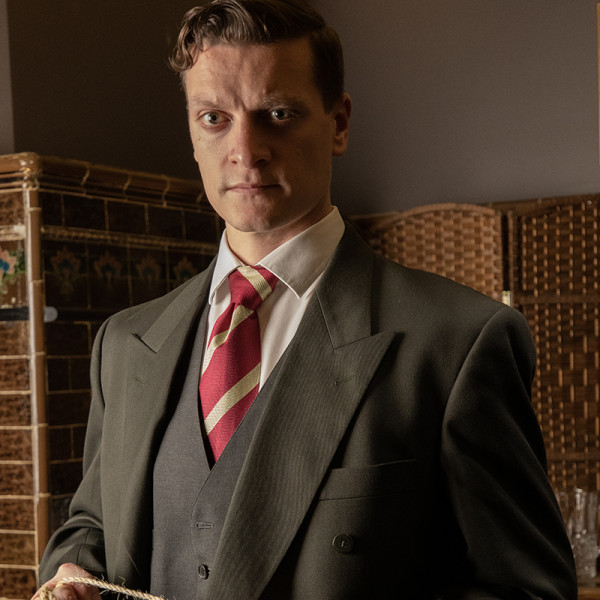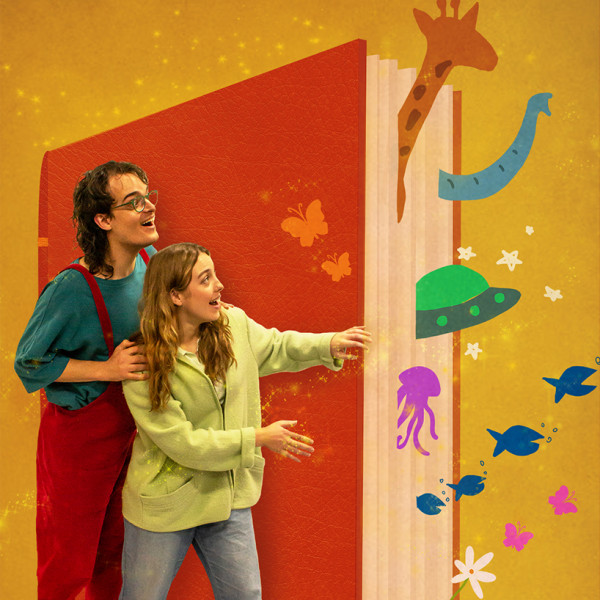
Wonderkind
Created by: Timothy Fraser, Emma Rattenbury, Ana Lorite, and Kerryn Palmer
Directed by: Kerryn Palmer
Circa Theatre, 9th Jul 2022
Reviewed by: Tania Du Toit
A magical way to kickstart the school holidays is to go see Wonderkind! Tim (Timothy Fraser) and Em (Emma Rattenbury) take you on a magical journey exploring the deep oceans, the hot savannah plains, and even the abyss of space – all while remaining in one room. Their friendship and imaginations inspire their young audience to join them on their adventure, which excites the children and parents alike.
The play emphasises visual and sound effects that can be understood by various age groups. The sound effects and music by composer and sound designer Craig Senglelow are on cue with the lighting (AV and lighting design by Sean Coyle), enhancing the different scenes. The well-executed combination of the lights and music transports you to where the characters are, taking you to the imaginary world that Tim and Em envision. The props really surprise you at how simple, everyday objects can be anything you want them to be.
Puppet designer and performer Ana Lorite is brilliant. The puppets are so well designed and portrayed that you barely notice her in the background. They really enhance the imaginary worlds and have the children laughing at their silliness. The shadow puppets give a different visual effect to the physical puppets, adding mystery and flow to the many environments that are explored.
Along with the other children, my three-year-old son was excited and captivated throughout the whole show, giggling away and commenting on all the wonderful discoveries in the play. He loved the puppets and was in awe of the light show that changed with the different scenes. The performers kept him and others engaged and involved with interaction. I asked him what his favourite part of Wonderkind was and he commented that he loved the animals, the planets, the music, and the dancing – so our overall experience is that it is definitely worth a watch.



